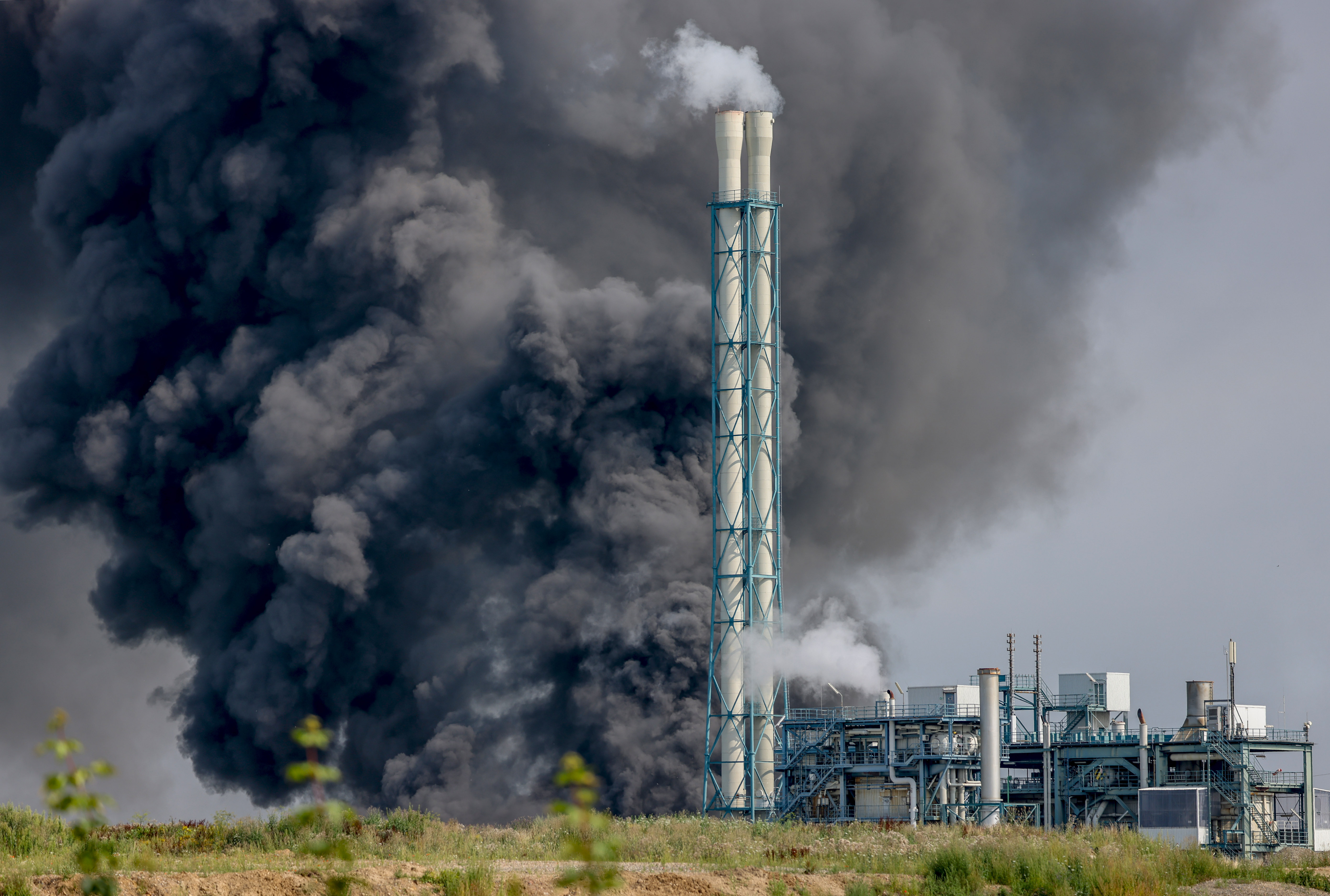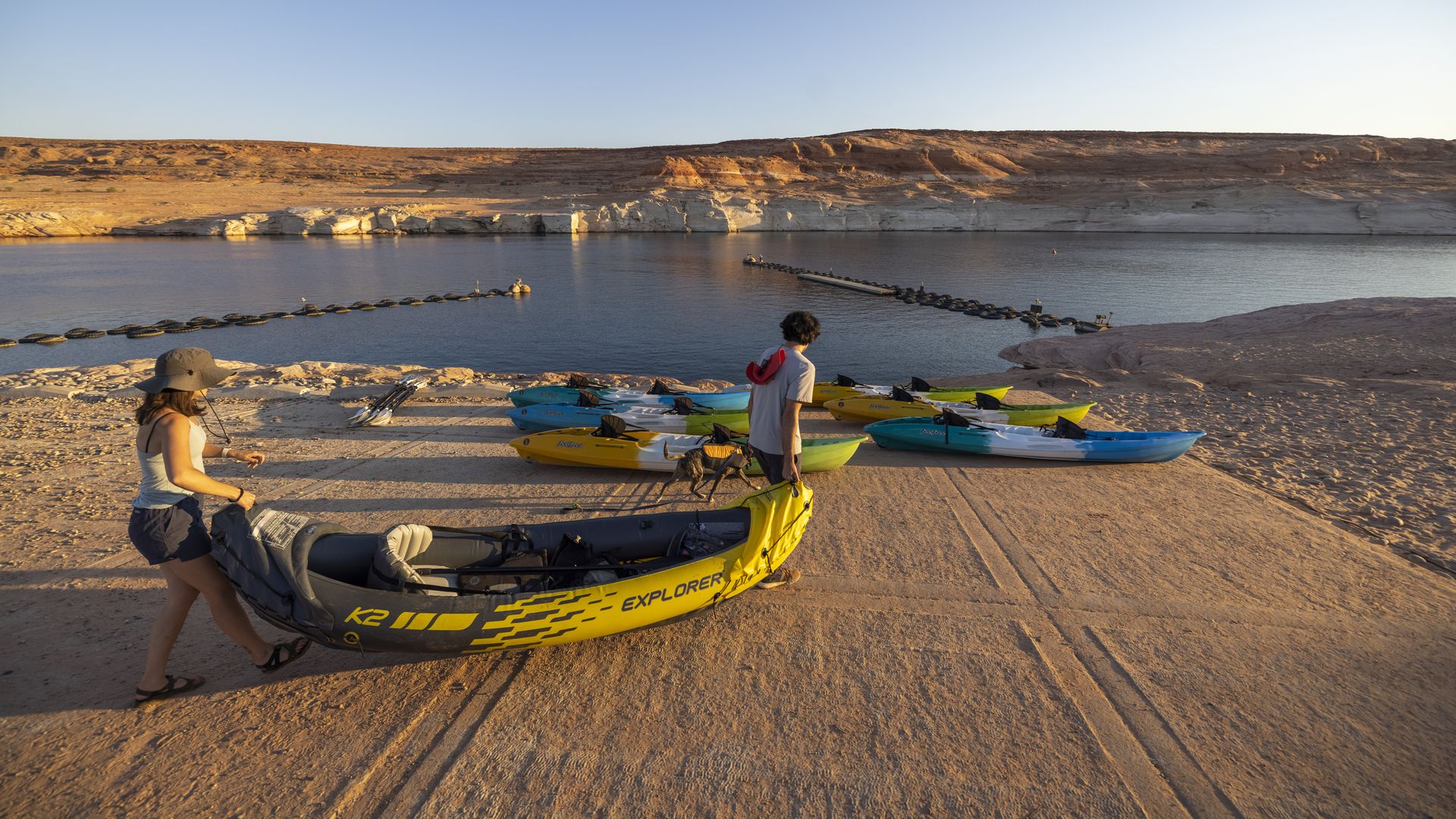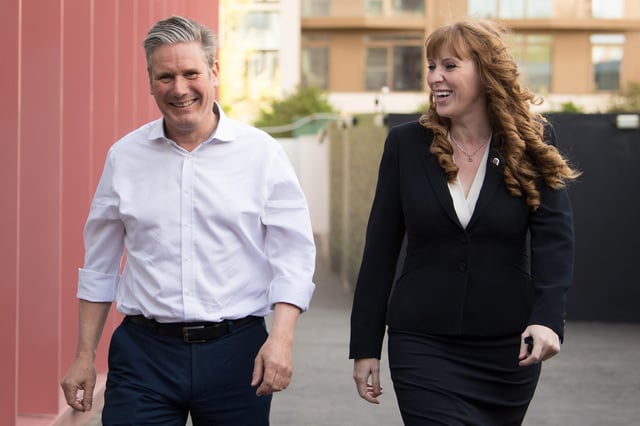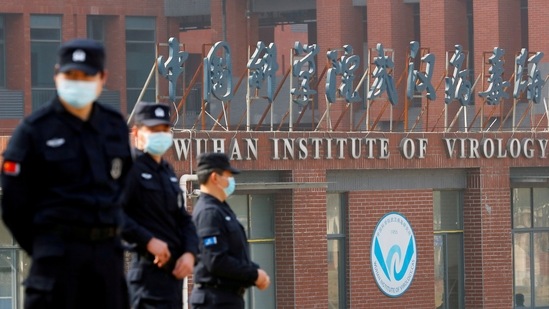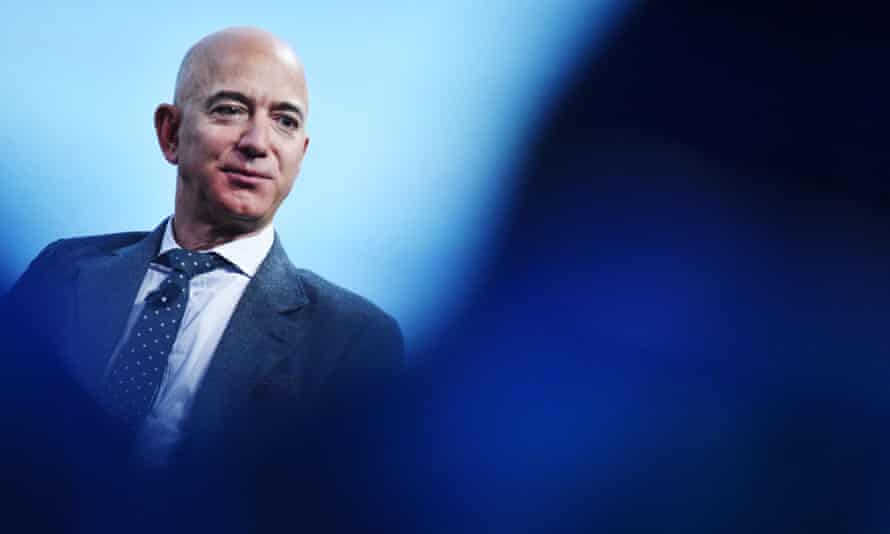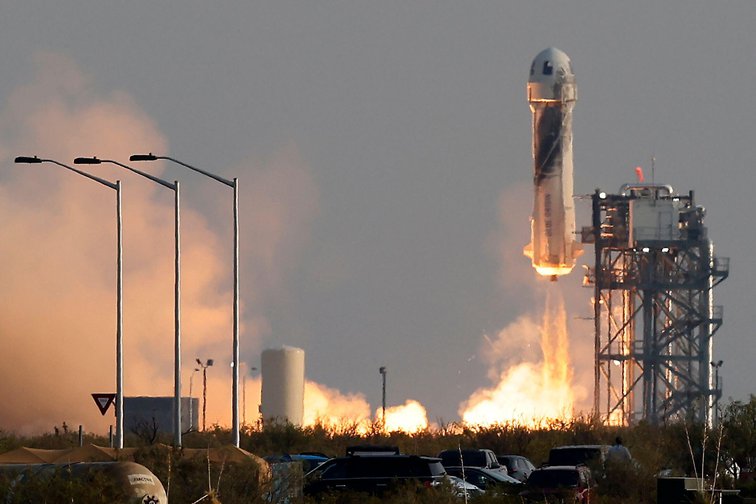Hong Kong waiter convicted of terrorism in security laws’ first verdict
July 27, 2021 —
Hong Kong: The first person to be tried under Hong Kong’s sweeping national security law was found guilty of secessionism and terrorism on Tuesday.
The Hong Kong High Court handed down the verdict in the case of Tong Ying-kit, age 24, whose trial ended July 20, with the verdict being closely watched for indications as to how similar cases will be dealt with in future.
More than 100 people have been arrested under the security legislation.

In this July 6, 2020, file photo, Tong Ying-kit arrives at a court in a police van in Hong Kong .CREDIT:AP
Tong is accused of driving his motorcycle into a group of police officers while carrying a flag bearing the protest slogan “Liberate Hong Kong, revolution of our times” on July 1 last year, a day after Beijing imposed sweeping national security legislation on Hong Kong following months of anti-government protests in 2019.
Tong pleaded not guilty to charges of inciting secession, terrorism and an alternative charge of dangerous driving. He faces a maximum sentence of life imprisonment.
The trial was held in the High Court with no jury, under rules allowing this exception from Hong Kong’s common law system if state secrets need to be protected, foreign forces are involved or if the personal safety of jurors needs to be protected. Trials are presided over by judges handpicked by Hong Kong leader Carrie Lam.
Tong’s defence lawyer has said it’s impossible to prove that Tong was inciting secession merely by having used the slogan.
Protesters, police at Hong Kong subversion hearing

Protest slogans rang out as about 1,000 people gathered outside a Hong Kong court on Monday for the hearing of 47 democracy activists charged with conspiracy to commit subversion, as authorities intensify a crackdown on the opposition.
The defence also said there is no evidence that Tong committed the act deliberately, that he avoided crashing into officers and that his actions couldn’t be considered terrorism since there was no serious violence or harm to society.
Advertisement
While Hong Kong has its own Legislative Council, Beijing’s ceremonial legislature imposed the national security law on the semiautonomous city after it determined the body was unable to pass the legislation itself because of political opposition.
That followed the increasingly violent 2019 protests against China’s growing influence over the city’s affairs, despite commitments to allow the city to maintain its own system for 50 years after the 1997 handover from British rule.
China’s legislature has mandated changes to the makeup of the city’s Legislative Council to ensure an overwhelming pro-Beijing majority, and required that only those it determines “patriots” can hold office.
RELATED ARTICLE

Analysis
China relations
China shut down a newspaper, then a city sold out of a million copies
Authorities have banned the protest slogan “Liberate Hong Kong, revolution of our times,” stating that it has secessionist connotations. Library books and school curricula have also been investigated for alleged secessionist messages.
During the trial, one of the prosecution’s witnesses, Lau Chi-pang, a professor of Chinese history at Lingnan University, said the Chinese definitions of “liberate” and “revolution” established more than 1,000 years ago suggested a desire to overthrow the government.
Defence witnesses testified that the slogan had several meanings. Tong’s defence said in its closing argument that the slogan was “too vague” to incite secession.
Hong Kong officials say the legislation targets only an “extremely small minority,” but human rights groups and foreign governments say it is being wielded to erode political freedoms.
Hong Kong’s last remaining pro-democracy newspaper, Apple Daily, was forced out of business last month and a court denied bail for four editors and journalists held on charges of endangering national security as part of the widening crackdown.
Beijing has dismissed criticisms, saying it is merely restoring order to the city and instituting they same type of national security protections found in other countries.
AP, Bloomberg
Guilty verdict in first trial under Hong Kong security law
THE ASSOCIATED PRESS
JULY 27, 2021
HONG KONG
The first person to be tried under Hong Kong’s sweeping national security law was found guilty of secessionism and terrorism on Tuesday.
The Hong Kong High Court handed down the verdict in the case of Tong Ying-kit, age 24. He's accused of driving his motorcycle into a group of police officers while carrying a flag bearing the protest slogan “Liberate Hong Kong, revolution of our times” on July 1 last year, a day after Beijing imposed sweeping national security legislation on Hong Kong following months of anti-government protests in 2019.
The verdict was closely watched for indications as to how similar cases will be dealt with in future. More than 100 people have been arrested under the security legislation.
Tong pleaded not guilty to charges of inciting secession, terrorism and an alternative charge of dangerous driving. He faces a maximum sentence of life imprisonment if found guilty.
The trial, which ended July 20, was held in the High Court with no jury, under rules allowing this exception from Hong Kong's common law system if state secrets need to be protected, foreign forces are involved or if the personal safety of jurors needs to be protected. Trials are presided over by judges handpicked by Hong Kong leader Carrie Lam.
Tong’s defense lawyer has said it’s impossible to prove that Tong was inciting secession merely by having used the slogan.
The defense also said there is no evidence that Tong committed the act deliberately, that he avoided crashing into officers and that his actions couldn’t be considered terrorism since there was no serious violence or harm to society.
While Hong Kong has its own Legislative Council, Beijing's ceremonial legislature imposed the national security law on the semiautonomous city after it determined the body was unable to pass the legislation itself because of political opposition.
That followed the increasingly violent 2019 protests against China’s growing influence over the city's affairs, despite commitments to allow the city to maintain its own system for 50 years after the 1997 handover from British rule.
China's legislature has mandated changes to the makeup of the city's Legislative Council to ensure an overwhelming pro-Beijing majority, and required that only those it determines “patriots" can hold office.
Authorities have banned the protest slogan “Liberate Hong Kong, revolution of our times,” stating that it has secessionist connotations. Library books and school curricula have also been investigated for alleged secessionist messages.
Hong Kong's last remaining pro-democracy newspaper, Apple Daily, was forced out of business last month and a court denied bail for four editors and journalists held on charges of endangering national security as part of the widening crackdown.
Beijing has dismissed criticisms, saying it is merely restoring order to the city and instituting they same type of national security protections found in other countries.
Hong Kong national security law: First person to stand trial found guilty of secession, terrorism
JULY 27, 2021
OUTH CHINA MORNING POST

Leon Tong was accused of ramming his motorcycle into three police officers while flying a banner calling for Hong Kong’s ‘liberation’.
Pexels
The first person to stand trial under the national security law faces life in prison after three judges selected by Hong Kong’s leader found him guilty of secession and terrorism for ramming his motorcycle into a group of police officers while carrying a flag that called for the city’s liberation last year.
The three-judge panel at the High Court on Tuesday held that Leon Tong Ying Kit had incited separatism by displaying the signature rallying call of the 2019 demonstrations , “Liberate Hong Kong; revolution of our times”, when he roamed the streets during a July 1 in Wan Chai rally last year.More from AsiaOneRead the condensed version of this story, and other top stories with NewsLite.
The 24-year-old former restaurant worker had also caused great harm to society by inflicting grave injuries on three police officers who tried to block him after he ignored repeated warnings to stop, they ruled.
Providing a summary of the panel’s findings, Judge Esther Toh Lye Ping said they were satisfied the slogan was capable of inciting others to commit secession “having regard to the natural and reasonable effect of displaying the flag” and “in the particular circumstances of the case”.
“When the defendant displayed the slogan in the manner he did, he intended to communicate the secessionist meaning of the slogan to others and he intended to incite others to commit secession by separating the [Hong Kong Special Administrative Region] from the [People’s Republic of China],” Toh said.
The three judges also found the defendant’s failure to stop at the police check lines, eventually crashing into the three officers, was “a deliberate challenge mounted against the police, a symbol of Hong Kong’s law and order”.
“The defendant’s acts were acts involving serious violence against persons and/or were dangerous activities which seriously jeopardised public safety or security,” Toh continued.
“The defendant’s act had caused grave harm to the society. The defendant carried out those acts with a view to intimidating the public in order to pursue his political agenda. Accordingly, we convict the defendant of both counts.”
Leon Tong leaves his detention facility on his way to an earlier hearing.
PHOTO: South China Morning Post
The ruling came almost 13 months after the security law took effect on June 30 last year.
The prosecution argued in the 15-day trial that Tong intentionally displayed the flag with the disputed slogan in a high-profile fashion to attract media attention that afternoon and encourage others to break the law, which Beijing had imposed only the night before.
Read Also First person charged under Hong Kong's national security law pleads not guilty
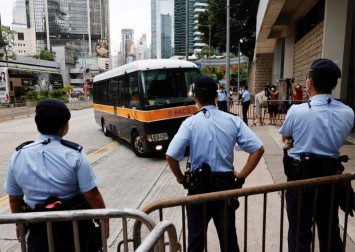
Tong also aimed to cause serious harm to society by ramming his way through multiple police roadblocks and causing serious injuries to officers to further his push for the city’s independence, the court was told.
The defence had countered by saying the collision was accidental, and that the rallying cry was ambiguous and did not necessarily carry a political message.
Prosecutor Anthony Chau Tin-hang on Tuesday said the Department of Justice would apply to confiscate Tong’s motorcycle and suspend his driving licence at the next hearing.
Defence counsel Clive Grossman SC, meanwhile, revealed he had “quite a lot of letters from people” who pleaded for leniency on his client’s behalf.
The court will hear mitigation on Thursday.
This article was first published in South China Morning Post.


